
Culture & Sports
18:09, 12-Jul-2017
The Salar People: A little-known Muslim community in west China
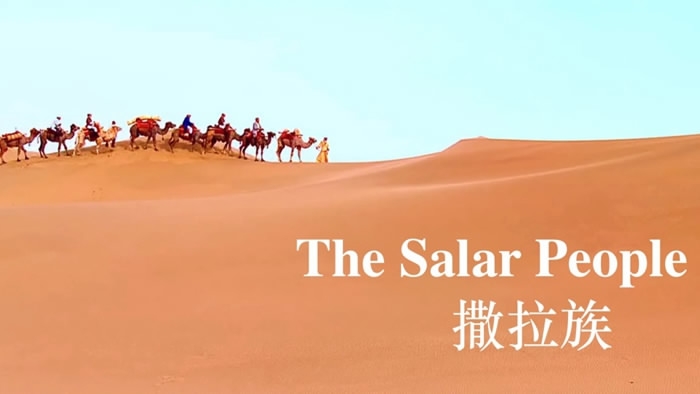
By CGTN's Yang Wentao and Zhu Qinliang
In the eastern edge of the Tibetan Plateau in west China is a mountainous area with an average elevation of 2,300 meters. The world's fifth longest river, the Yellow River, has its upper reaches here.
The mountains serve as natural barriers blocking the northwest winds, creating a plateau continental climate.
In this pleasant, tree-lined river valley lives the Salar people, a small Muslim ethnic group consisting of just 100,000.
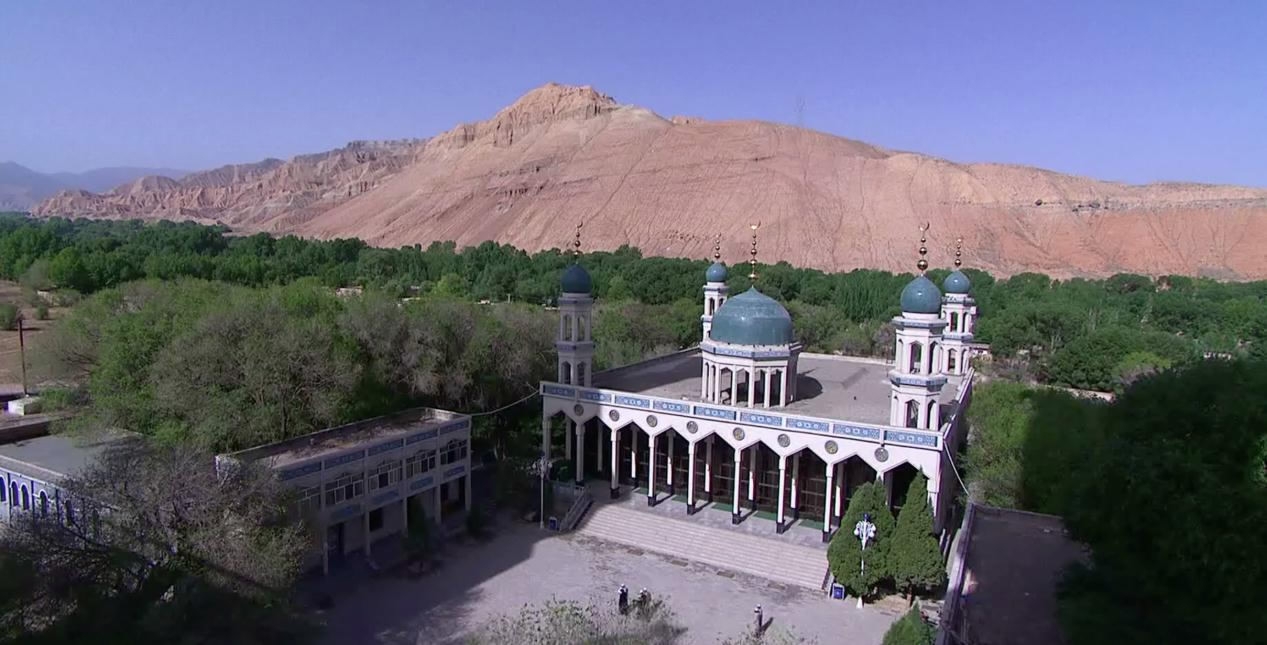
A mosque in Xunhua Salar Autonomous County, Qinghai Province, northwest China. /CGTN Photo
A mosque in Xunhua Salar Autonomous County, Qinghai Province, northwest China. /CGTN Photo
The leading 20th century anthropologist Fei Xiaotong referred to the area where they live as an "Ethnic Island."
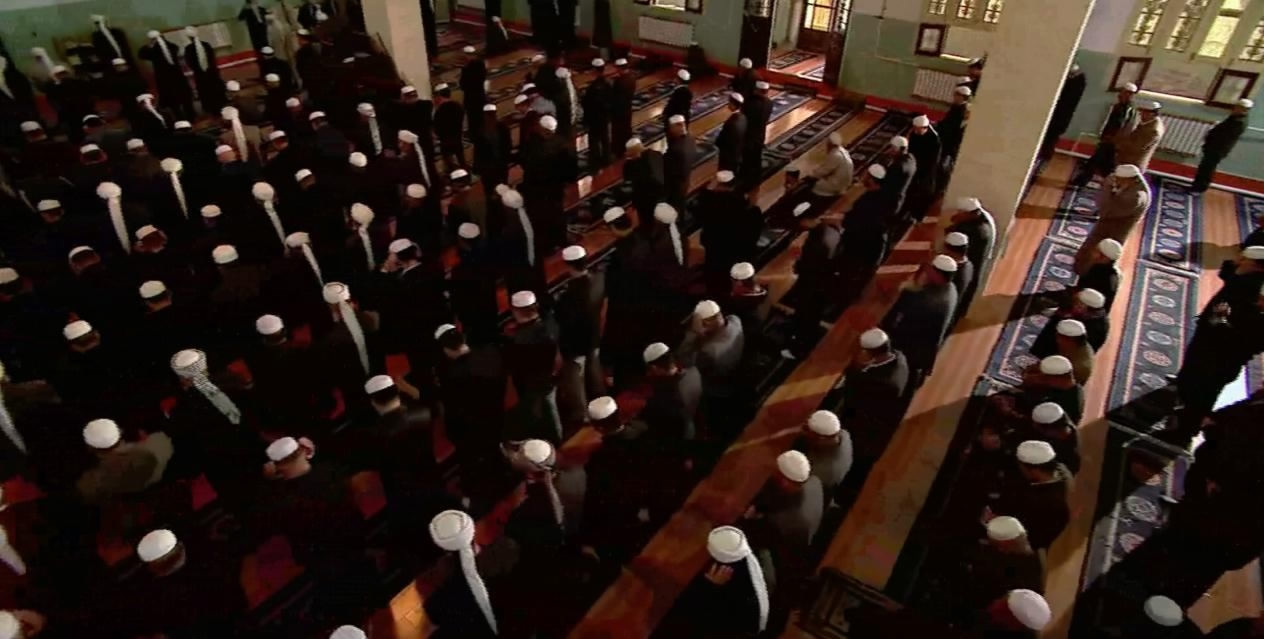
The Salar People. /CGTN Photo
The Salar People. /CGTN Photo
Islam has had – and continues to have – a profound influence on every aspect of Salar life, from their history and culture to their economic and social activities.
The family is the basic unit of the Salar society. Families are patriarchal and the housework is done by the women, who have learned to be quick-witted and nimble-fingered.
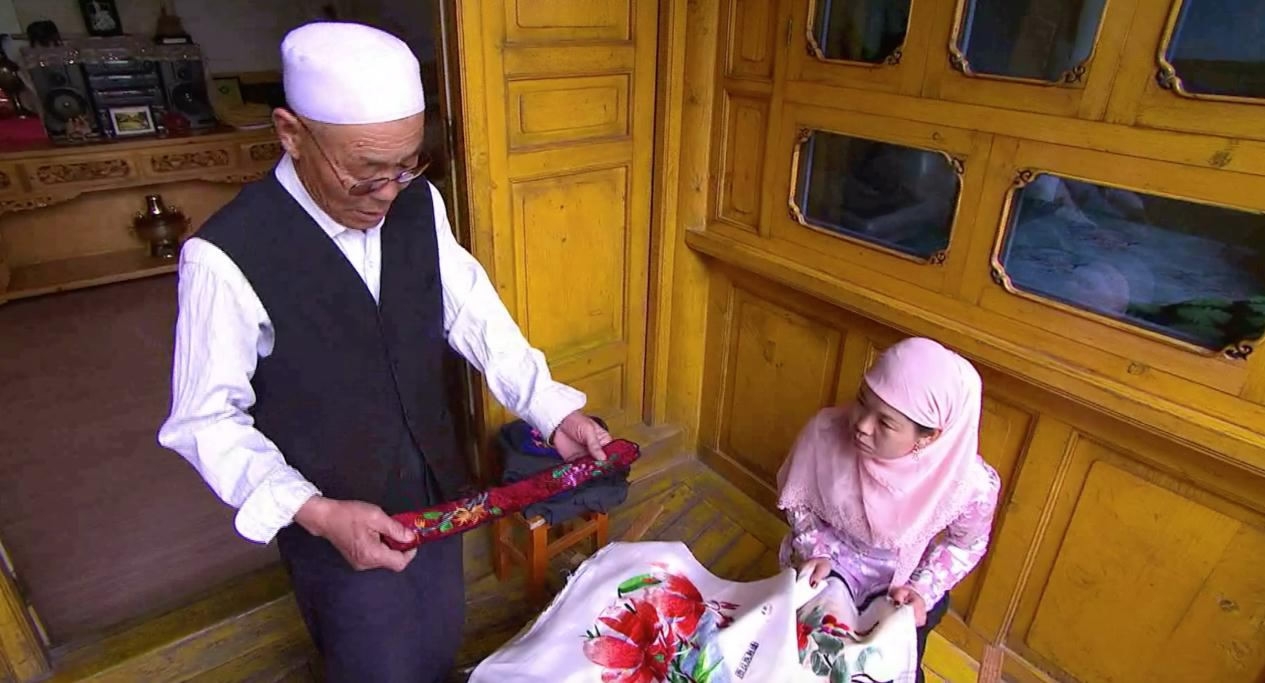
The Salar embroidery. /CGTN Photo
The Salar embroidery. /CGTN Photo
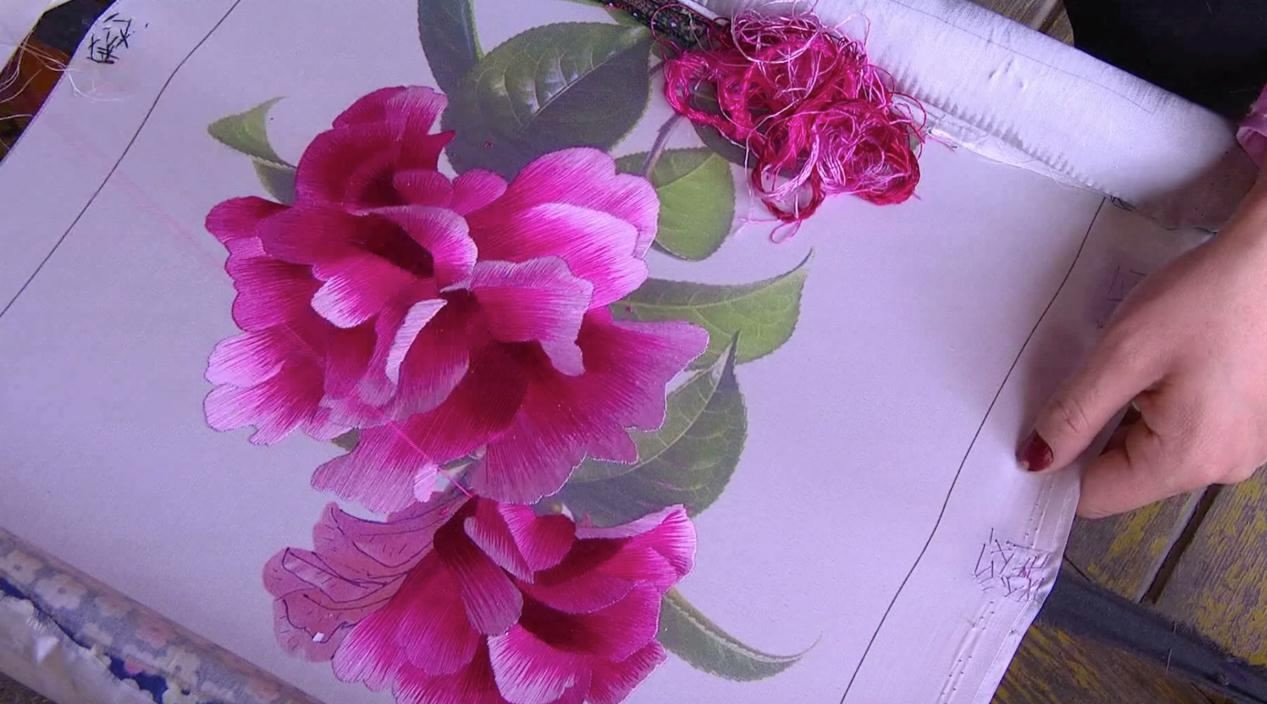
The Salar embroidery. /CGTN Photo
The Salar embroidery. /CGTN Photo
Salar women start learning to embroider as girls. They are taught by their mothers and grandmothers. They also gain inspiration and learn from their peers. Through practice, they build up their experience and skill. So by the time they marry, they are already accomplished with a needle.
The Salar are well known for their hospitality and observance of etiquette. When it comes to entertaining guests, the Salar do not resort to quick, stir-fried food. Rather, they serve stews, steamed dishes and other more elaborate fare.
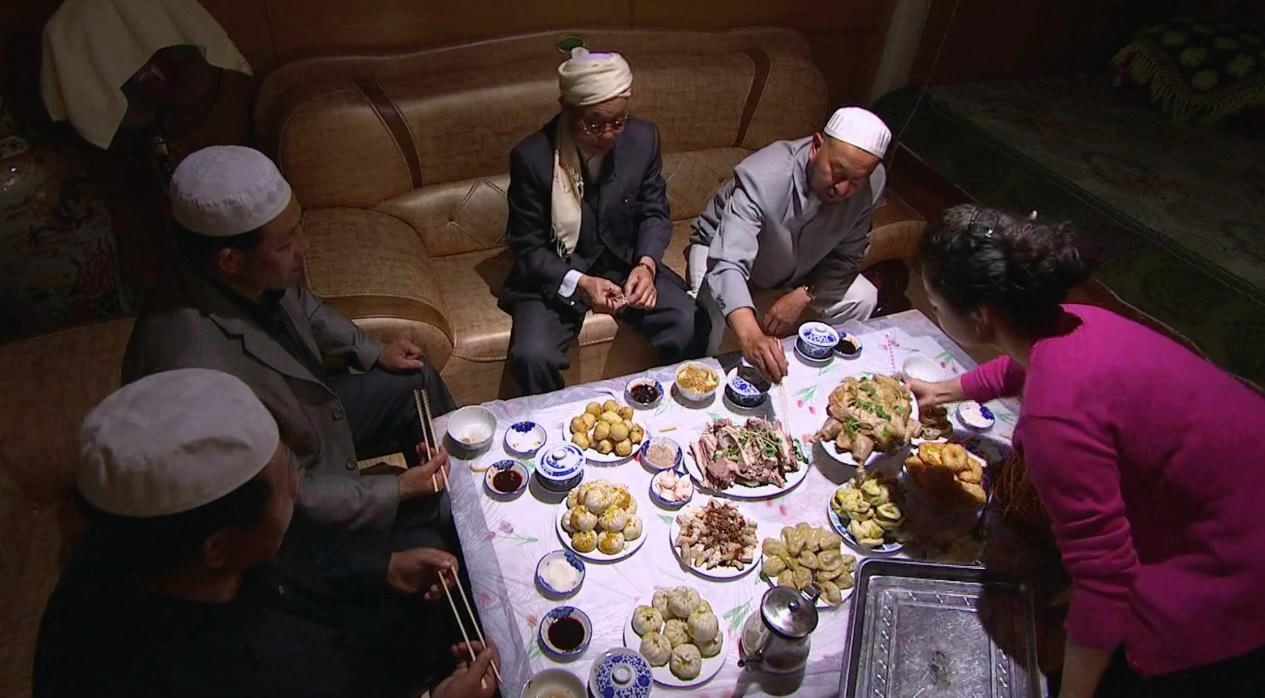
Hospitality of the Salar People. /CGTN Photo
Hospitality of the Salar People. /CGTN Photo
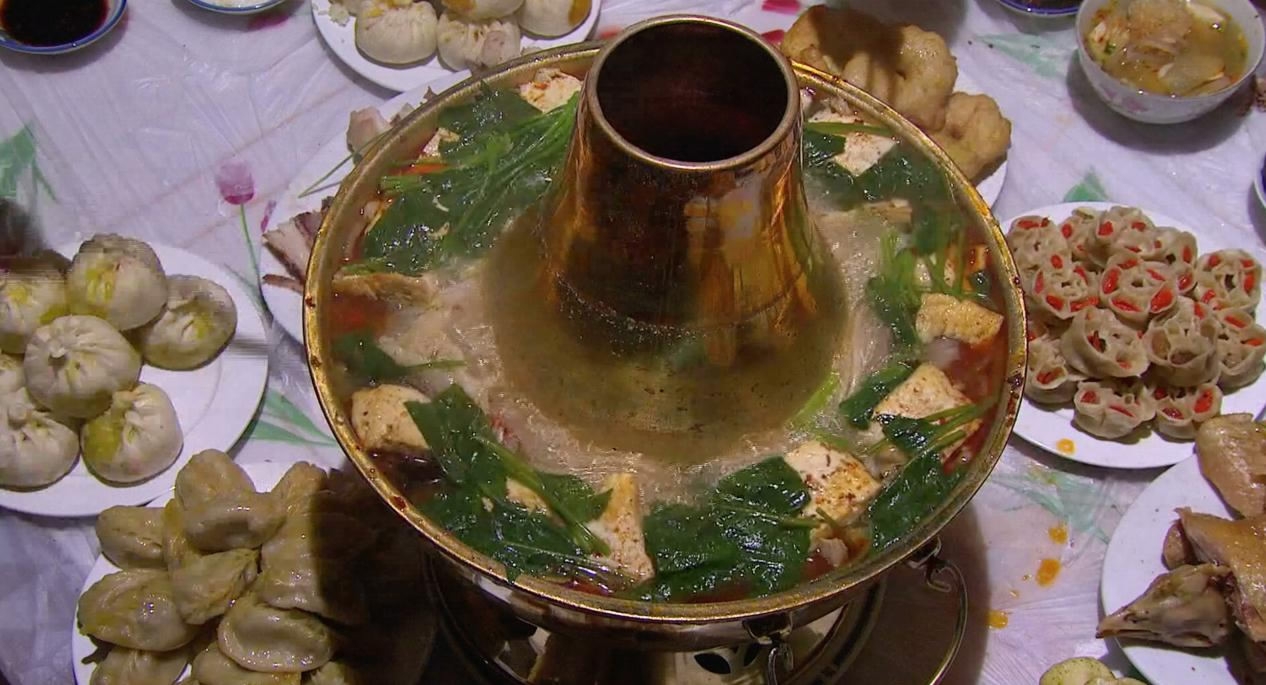
Hospitality of the Salar People. /CGTN Photo
Hospitality of the Salar People. /CGTN Photo
They follow a strict set of traditional procedures. Guests are offered first nuts, tea and desserts, followed by wheaten food, meat and stewed vegetables. Important guests may be served more than a dozen courses.
Despite being surrounded by much larger Han, Zang and Hui communities for centuries, they have managed to preserve their unique language and culture, which the Salars are very proud of.
The Big Story is a 60-minute program on CGTN. It is a platform for the finest documentary films. It airs on Saturday at 6.00 a.m. BJT (0800EST), with rebroadcast on Sunday at 10.00 p.m. (0200GMT). The edition for this week will be The Salar People.
1303km

SITEMAP
Copyright © 2018 CGTN. Beijing ICP prepared NO.16065310-3
Copyright © 2018 CGTN. Beijing ICP prepared NO.16065310-3